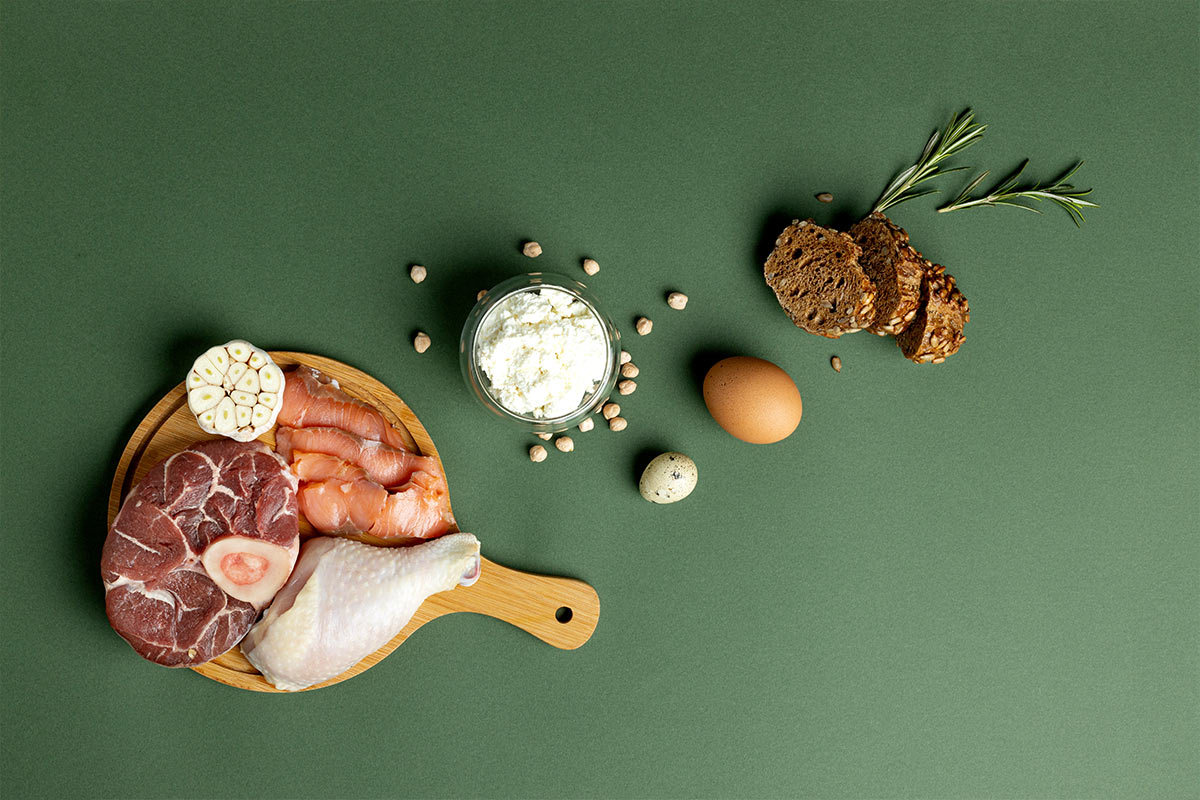Weight Loss
Understanding Protein Absorption: Fast vs Slow Proteins
Embarking on a weight loss journey can be both empowering and challenging. Yet, despite consistent efforts, many individuals encounter a frustrating hurdle known as a weight loss plateau. This blog delves into the relationship between protein intake and weight loss plateaus. Can increasing protein consumption be the key to breaking through this seemingly stubborn phase? Let’s explore the science behind it.
Understanding Weight Loss Plateaus
Weight loss plateaus are a common occurrence during the weight loss journey. After initial progress, the rate of weight loss often slows down or comes to a standstill. This phenomenon can be disheartening and lead to feelings of discouragement. Plateaus occur due to various factors, including the body’s adaptation to changes in calorie intake, metabolic adjustments, and hormonal responses.
The Impact of Protein on Weight Loss
Protein is recognized as a crucial macronutrient in the realm of weight loss. It plays a multifaceted role in supporting various physiological processes influencing body composition and metabolism. Protein’s effects on satiety, muscle preservation, and energy expenditure contribute to its significance in weight management.
Can Increasing Protein Intake Break Plateaus?
Protein’s Effect on Appetite
Protein-rich foods have been shown to enhance feelings of fullness and satiety. By including protein in your meals and snacks, you can reduce overall calorie intake, making it easier to create a calorie deficit necessary for weight loss.
Boosting Metabolism and Thermogenesis
Protein has a higher thermic effect of food (TEF) than carbohydrates and fats. This means the body expends more energy (calories) to metabolize and digest protein. Increasing protein intake can slightly increase daily energy expenditure, contributing to a more favorable weight loss environment.
Strategies for Incorporating More Protein
Prioritize Protein-Rich Foods
Make an effort to include lean sources of protein in every meal. Incorporate foods like lean meats, poultry, fish, eggs, dairy products, legumes, and tofu.
Protein-Packed Snacks
Opt for protein-rich snacks between meals to maintain steady energy levels and control hunger. Greek yogurt, cottage cheese, and nuts are excellent choices.
Meal Planning and Preparation
Plan your meals to ensure that each one includes a balanced amount of protein. Preparing meals in advance can help you make mindful choices and avoid reaching for less nutritious options.
Conclusion
While increasing protein intake can potentially be a valuable strategy to overcome weight loss plateaus, viewing it as part of a comprehensive approach is essential. Combining adequate protein consumption with mindful eating, regular physical activity, and a balanced diet remains key to achieving sustained weight loss success. Remember that individual responses may vary, and consulting a registered dietitian or healthcare provider can guide you in tailoring your approach to your unique needs and goals.

